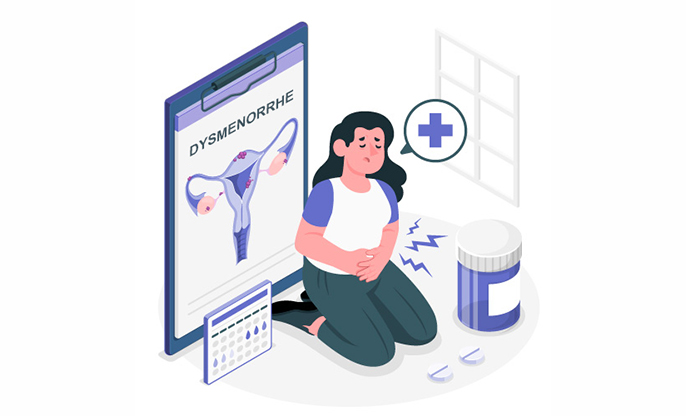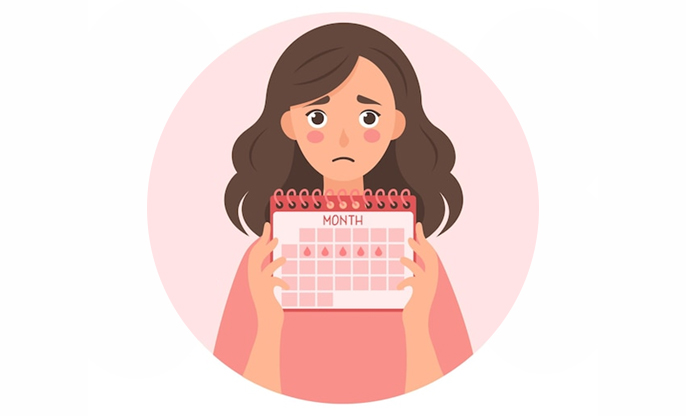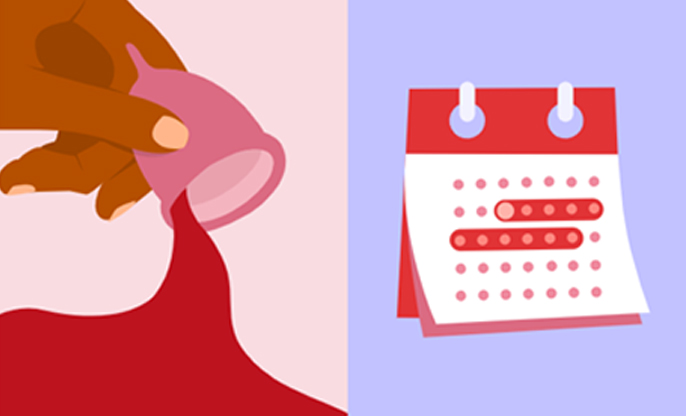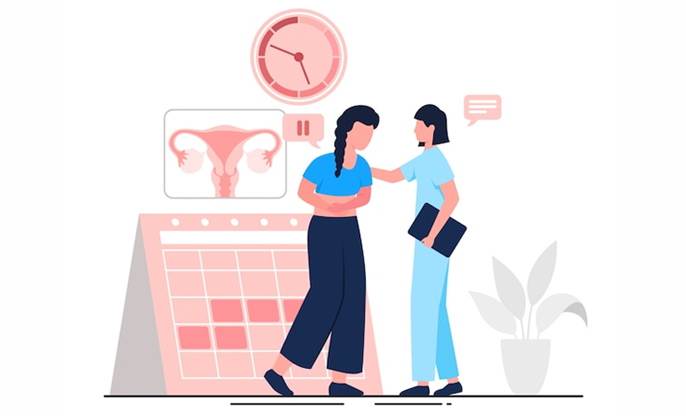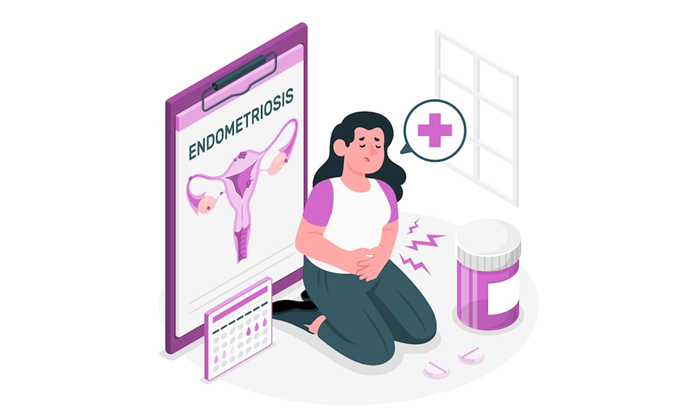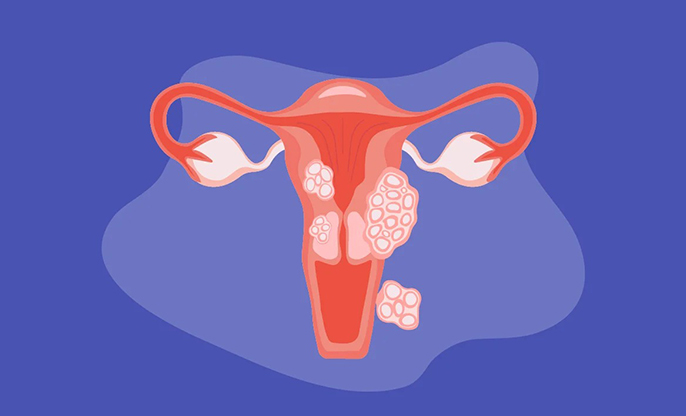
Their Impact on
Your Menstruation and Available Treatment Options
Fibroids, also known as uterine myomas or leiomyomas, are non-cancerous tumors that develop in or on the womb. These growths are incredibly common, affecting up to 80% of women by the time they reach 50. Depending on their size, location, and the number present, fibroids can significantly affect your menstrual cycle and overall reproductive health.
Let’s understand more…
How Fibroids
Influence Your Menstrual Cycle?
Fibroids can cause various menstrual issues:
● Heavy Menstrual Bleeding:
Particularly with fibroids near or in the uterine lining, you might experience
unusually heavy or prolonged periods, which can lead to anemia and severe
fatigue.
● Painful Periods: Growing fibroids
can put pressure on the uterus and surrounding organs, increasing menstrual
pain and cramping.
● Irregular Menstruation: Fibroids
can make your menstrual cycle less predictable, with changes in the length and
regularity of periods.
● Pelvic Pressure or Pain: If the fibroids are large, you might feel a constant sense of heaviness or pressure in the pelvic area, not just during your periods but all month long.
What Might Cause
Fibroids?
While we don't know exactly what causes fibroids, several
factors might play a role:
● Hormones: Estrogen and
progesterone, which prepare your uterine lining for pregnancy, also seem to
promote fibroid growth.
● Genetic Changes: Many fibroids
show genetic differences from normal uterine muscle cells.
● Other Growth Factors: Things
like insulin-like growth factor that help maintain tissues could also encourage
fibroid growth.
● Extracellular Matrix (ECM): This is the glue that holds cells together, and it's found in higher amounts in fibroids than in normal uterine muscle, possibly contributing to growth.
Managing and
Treating Fibroids
Your treatment options will depend on factors like the
fibroids’ size and location, your symptoms, your age, and whether you want to
have children in the future. Here are some approaches:
● Medication: While
medications won't eliminate fibroids, they can ease symptoms. Options include:
○ GnRH agonists: These drugs
reduce estrogen and progesterone, shrinking fibroids and mimicking menopause.
○ Progestin-releasing IUD: Helps
reduce heavy bleeding.
○ Tranexamic acid: Cuts down on
heavy menstrual bleeding.
○ NSAIDs: Effective for
pain relief, though they won’t lessen bleeding caused by fibroids.
● Surgical Options:
○ Myomectomy: Removes fibroids
while keeping the uterus intact, ideal for women who want to become pregnant.
○ Hysterectomy: Removes the
uterus, a definitive solution for those who no longer wish to have children.
○ Uterine artery embolization: A
minimally invasive technique that obstructs the blood supply to fibroids,
causing them to shrink.
○ Focused ultrasound surgery: Uses high-frequency sound waves to destroy fibroid tissue without incisions.
Fibroids can profoundly impact your life, but with numerous management and treatment options available, you can effectively tackle the symptoms and maintain a healthy lifestyle. If you notice signs of fibroids, discussing them with your healthcare provider is crucial to finding the right treatment plan for your specific needs and goals. With the right approach, managing fibroids and preserving your quality of life is entirely possible.
